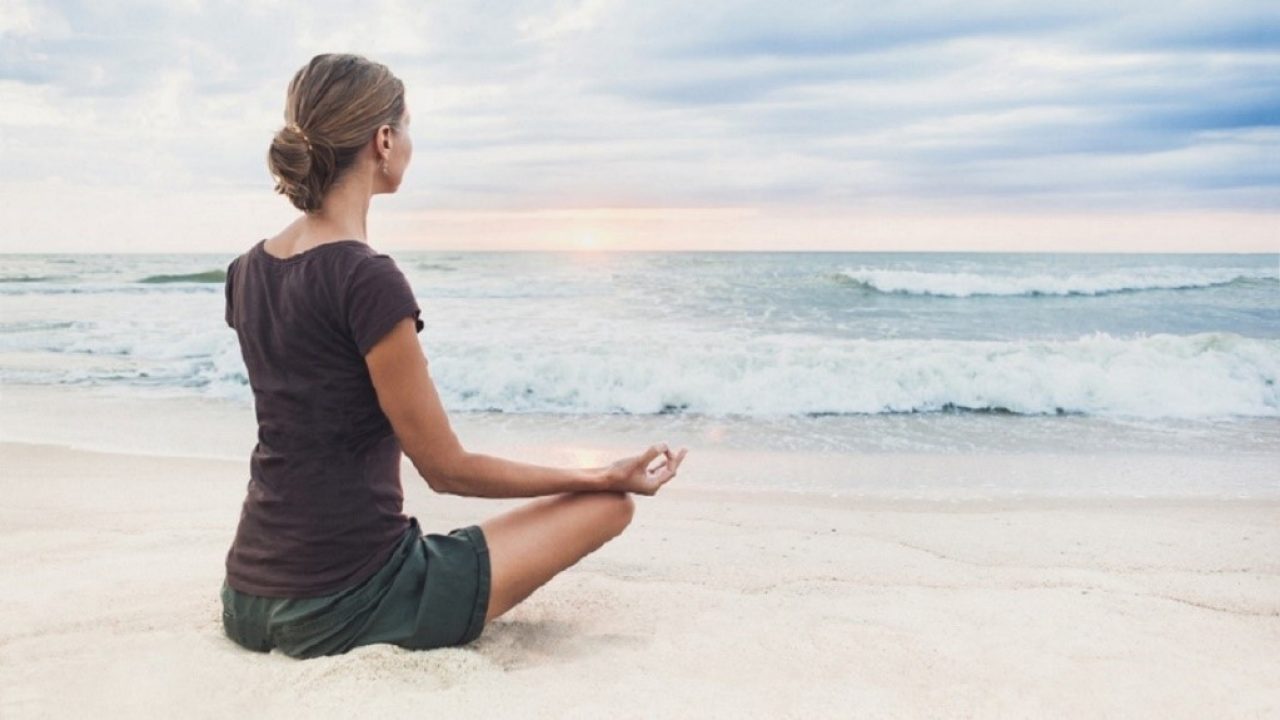On April 20, India recorded a total of 2.59 lakh new covid-19 cases in a single day. With the numbers continuing to rise, and the viral flu making the rounds as the seasons change, it is more important than ever to maintain your health. Vipassana meditation, which has been practiced for over 2,500 years, is one such approach that is emerging as a preferred health trend among Silicon Valley men?
Though Vipassana’s benefits to mental health are well recognised, studies have shown that it can also help with physical pain and psychological suffering such as anxiety, sadness, and stress. It allows us to be more aware of the physical and mental discomfort we’re in and respond to it more calmly. The trick, though, is to do it on a regular basis.
“It often struck me – no, it still impresses me – as simplistic the advice that we should focus on our misery, that focus alone can make it go away,” Daniell Noll, a storey teller, explorer, and tourism development specialist, wrote on Uncornered Market about his experience with Vipassana meditation. I thought it was simplistic until I came up with a reason and strategy that doesn’t obscure the fact that this is a time-consuming process.”
Active yoga practitioner Rajat Khare, on the other hand, connects the age-old meditation technique with the modern world, forming an intriguing link between the two. “Though Vipassana was first taught in India over 2,500 years ago, it is still applicable today. This style of meditation enables us to ‘see things as they truly are’ in an era where many people live in an illusionary world of social media and financial conveniences that account for the majority of our mental health problems,” he stated on his Facebook page Rajat Khare – Yoga.
The importance of Vipassana meditation in today’s times cannot be emphasised, whether it is for reducing the intrinsic anguish associated with materialism or for reducing the stress linked with covid-19. As more people become aware of its benefits, they begin to practise it; when will you?






